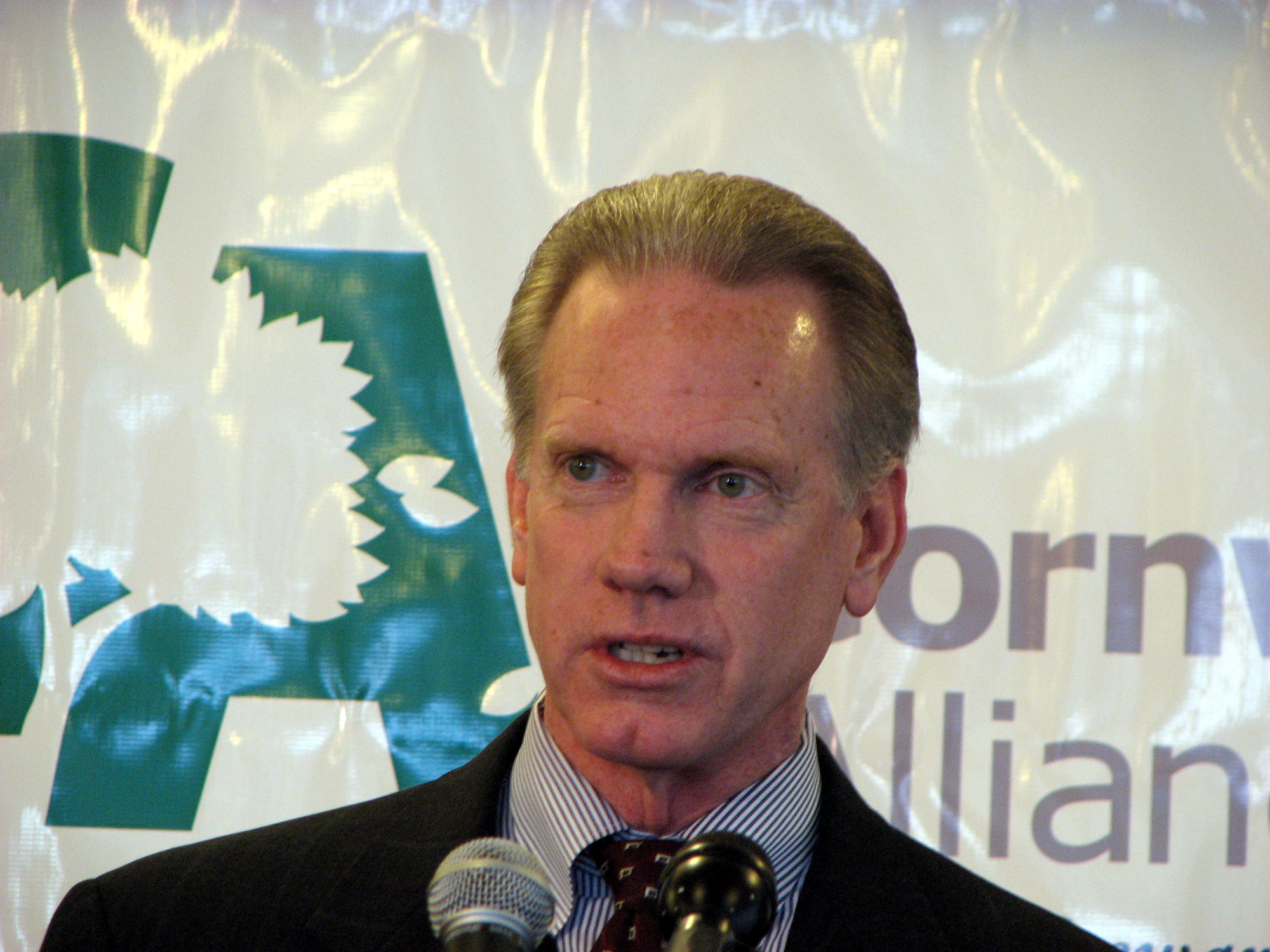
WASHINGTON (BP)–A coalition of evangelical Christians from various fields is preparing public policy recommendations designed not only to foster stewardship of the environment but to promote economic progress.
The newly named Cornwall Alliance for the Stewardship of Creation has announced that a task force will be addressing the areas of “poverty and development” and “climate and energy” with policy proposals based on the biblical principles included in an earlier document.
Barrett Duke, vice president for public policy and research of the Southern Baptist Ethics & Religious Liberty Commission, and Stephen Livesay, president of Bryan College in Dayton, Tenn., were introduced as co-chairmen of the task force.
With the announcement in Washington, the Cornwall Alliance, formerly known as the Interfaith Stewardship Alliance, maintained its role as an alternative to the Evangelical Climate Initiative.
The ECI, a coalition of more than 100 evangelical leaders, contends human beings are the main cause of global warming, which it says will negatively impact poor people the most. The ECI, which issued a statement in February 2006, has endorsed legislation to decrease carbon dioxide emissions in an effort to combat climate change.
Leaders of the Cornwall Alliance continued to assert that the cause of global warming is uncertain. They also expressed concern about the effects that policies proposed by those who believe in human-induced climate change would have on the poor. In July, they released a document that was partly a response to ECI’s statement and was signed by more than 110 evangelicals.
“[T]he science is nowhere near settled on the issue of global warming,” said Roy Spencer, principal research scientist at the University of Alabama-Huntsville, at a May 2 news conference “The only thing that’s settled about global warming … is it has warmed in the last 100 to 150 years.
“The fact is we really don’t know how much global warming in the last 100 to 150 years is manmade and how much is natural. We don’t deny that climate change occurs. What we do deny is that mankind is totally or even mostly responsible for that warming.
“I believe that the predictions of catastrophic climate change are more based on faith than they are science,” said Spencer, a former NASA scientist for climate studies. “The science is so immature on this subject, we simply do not know what to measure in the atmosphere to determine how sensitive our climate system is to increasing levels of carbon dioxide.”
Calvin Beisner, the Cornwall Alliance’s national spokesman, told reporters the coalition believes “it is absolutely necessary, if we want to see environmental protection and improvement occur, that we also promote human well-being.”
“We believe, in fact, that the best science and the best economics brought together … indicate to us that recent and foreseeable global warming are well within the bounds of natural, historic variation and they are most likely more natural driven than human driven, that they are not likely to be catastrophic, but in fact probably more likely to be, on balance, benign,” said Beisner, associate professor of social ethics at Knox Theological Seminary in Fort Lauderdale, Fla. “And that even if for some reason we thought it important to try to slow down the warming of the globe, we really can’t do anything significant about it at a cost that would be justified by the benefits received.”
Efforts to diminish “future global warming by reducing fossil fuel use would have devastating impacts on the world’s economy, especially on the poorest people in the world,” Beisner said. Fossil fuels largely consist of coal, oil and natural gas.
Three tracks -– creation care, human progress and the plight of the poor -– intersect on this issue, Duke said at the news conference. “I actually think it’s irresponsible to act as though you can address one of those tracks without taking into consideration the other two,” he said.
“And what I like about the Cornwall Alliance’s emphasis is that it really looks at all of this holistically and says, ‘It really is possible to work with creation or work with nature in such a way that it brings glory to God in a way that honors nature for being God’s creation but also in a way that puts it in service to mankind,'” Duke said.
Livesay said there is “probably not a more dominant issue” in higher education today. Most students enter college and universities believing global warming will produce a catastrophe in their future if something is not done, he said.
Livesay said he is concerned about how the concept of “environmental literacy” is being presented in higher education curriculum. Students are “being educated in a way that, in my opinion, is not good science; it is not good economics; and it is not good theology,” he said.
The Cornwall Alliance’s policy recommendations will be based on a statement adopted in 2000 and known as the Cornwall Declaration on Environmental Stewardship, which has since been endorsed by about 1,500 religious leaders, Beisner said.
–30–

















